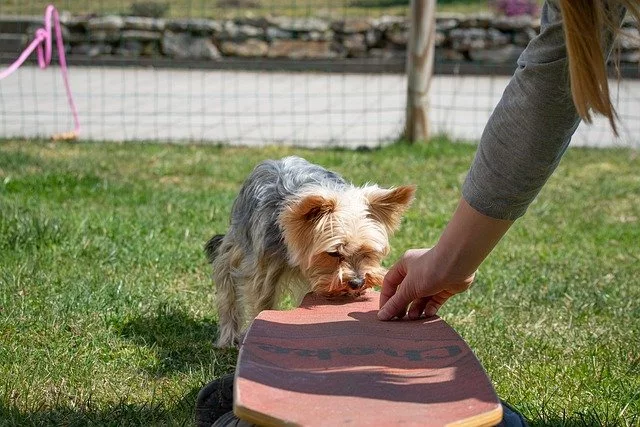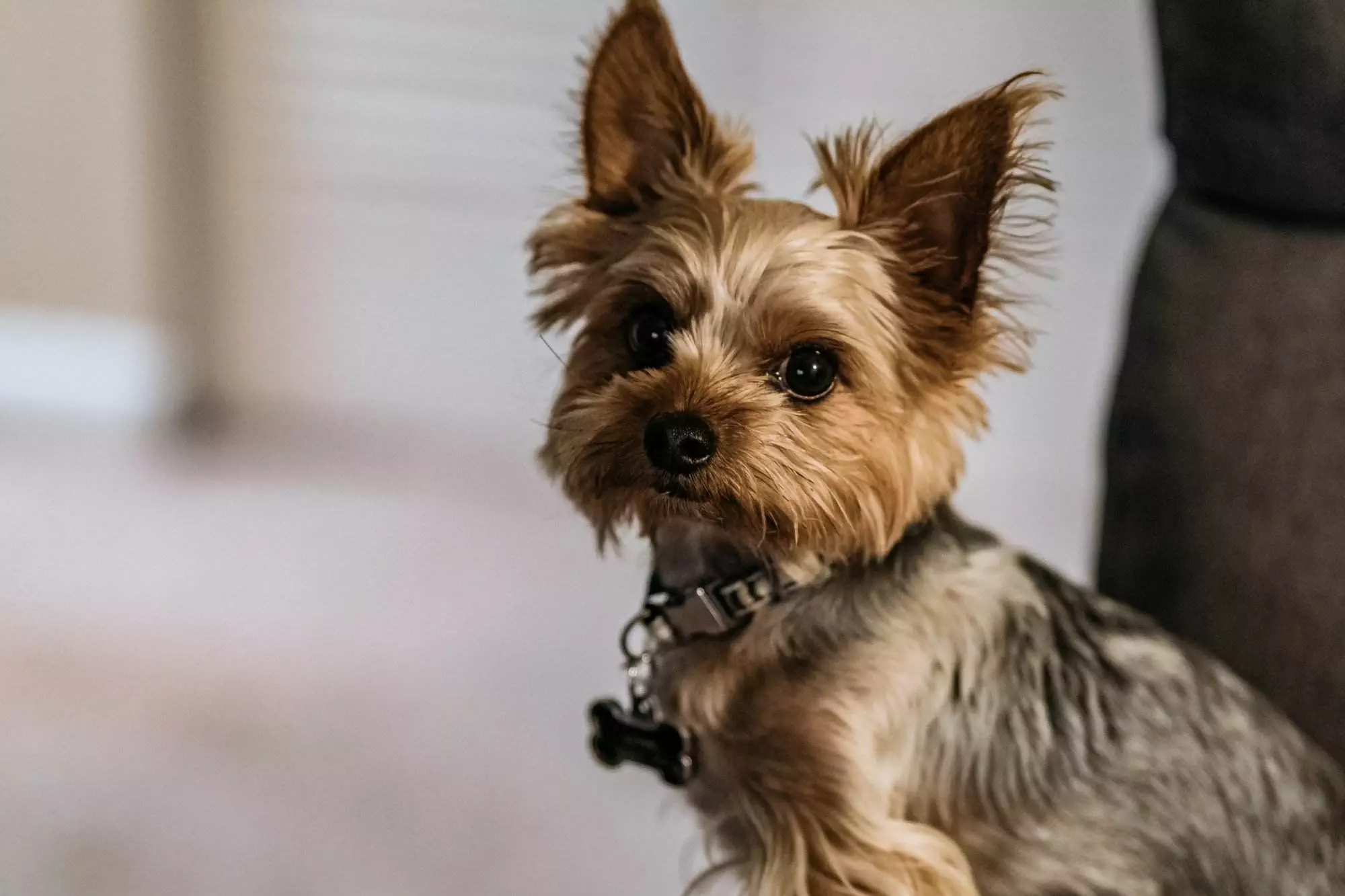Training a young puppy can be a challenging undertaking. It takes time, initiative and patience to have a canine that is attentive, loyal and also intends to please you. A canine that is well-trained will not bark persistently or leave control when unfamiliar people or various other pets approach it.
It all starts when they’re puppies. If you train them right when they’re young, they’ll grow up into excellent pets that you can be happy with. Many people do their finest to educate their pets but commonly, it takes them longer than they forecast as well as their canines’ habits is inconsistent at best.
This is frequently due to blunders that are made throughout the training phase. In this write-up, we’ll look at 5 typical mistakes that lots of ‘pup parents’ make when educating their puppy as well as how you can prevent them.
1. Failing to Encourage
Encouraging your canine is extremely important and also makes it intend to please you a lot more. When your puppy does something right, lush it with love, focus and also spoken inspiration. Do preserve calmness while encouraging your pup.
Some owners obtain overexcited and also hug and roll around with their pup as they squeal with joy. This will certainly just overexcite the puppy as well as cause it to shed focus. Encourage your young puppy regards as well as steadily. It needs to understand that you’re pleased with its activities.
2. Incongruity
The training requires to be constant and should be done daily. At most, you want to train your pet for regarding 10 to 15 mins at once. You can train them twice or thrice a day however keep the sessions short to ensure that your pet doesn’t get tired or distracted. Quality of training is more important than quantity.
The words you utilize should also correspond. If you’re educating it to sit, constantly use the command “Sit!” Do not use various words like “Down, child!” or “Play dead!” or other terms to get the very same preferred activity. Your pup will just obtain perplexed as well as not know what you want.
3. Tone of Voice
You need to have a firm and reliable voice. The objective right here is to have a powerful visibility without appearing mad or short-tempered. You ought to not shout at your young puppy. Being firm and also enthusiastic will get the job done. If your pet dog does not follow your commands at first, be patient.
4. Duplicating Your Cues Unnecessarily
When you give your puppy a hint, ideally, it needs to follow the hint immediately. If you toss a toy and claim “Fetch!” your puppy should run as well as fetch it. If it looks at you slackly and also pushes its back expecting a belly rub, do not consistently claim, “Fetch! Fetch!! FETCH!!!” That’s not mostly likely to work.
By repeating cues over and over once more, you’re conditioning the canine to tune you out. The pup needs to take your cues and commands seriously and not neglect you. So, only give a cue once.
5.Poor Leash Handling
You must never ever drag or pull your puppy around on a chain. You should not let the young puppy walk in front of you either when you’re taking it out for a stroll. The young puppy must constantly stroll on your side. When you quit, your pup quits.
If the young puppy is always ahead of you leading the way, it’s following a pack mentality and also considers itself to be the alpha pet dog. It’s not mostly likely to obey you in time since you’ve made it believe that it’s the one in charge. If it attempts to pull you about, do stagnate. Stand fixed till your young puppy comes back to you.
At the other end of the range, do not drag your young puppy around if it is not following you. Learn correct leash handling. Technique at home with a chain to ensure that the pup follows you for a few actions. Slowly increase the distance till it fits strolling on your side.
Keep these 5 ideas in mind as well as you’ll have a young puppy that’s more obedient and your life will certainly be a lot easier as well because it will discover brand-new tricks as well as hints faster.
” The animal is NEVER wrong. You obtain what you strengthen. All habits has function, consisting of undesirable behavior. The inquiry is NOT ‘Why is the pet behaving by doing this?’ yet instead, ‘What is reinforcing this habits?’– Susan Friedman, PhD





